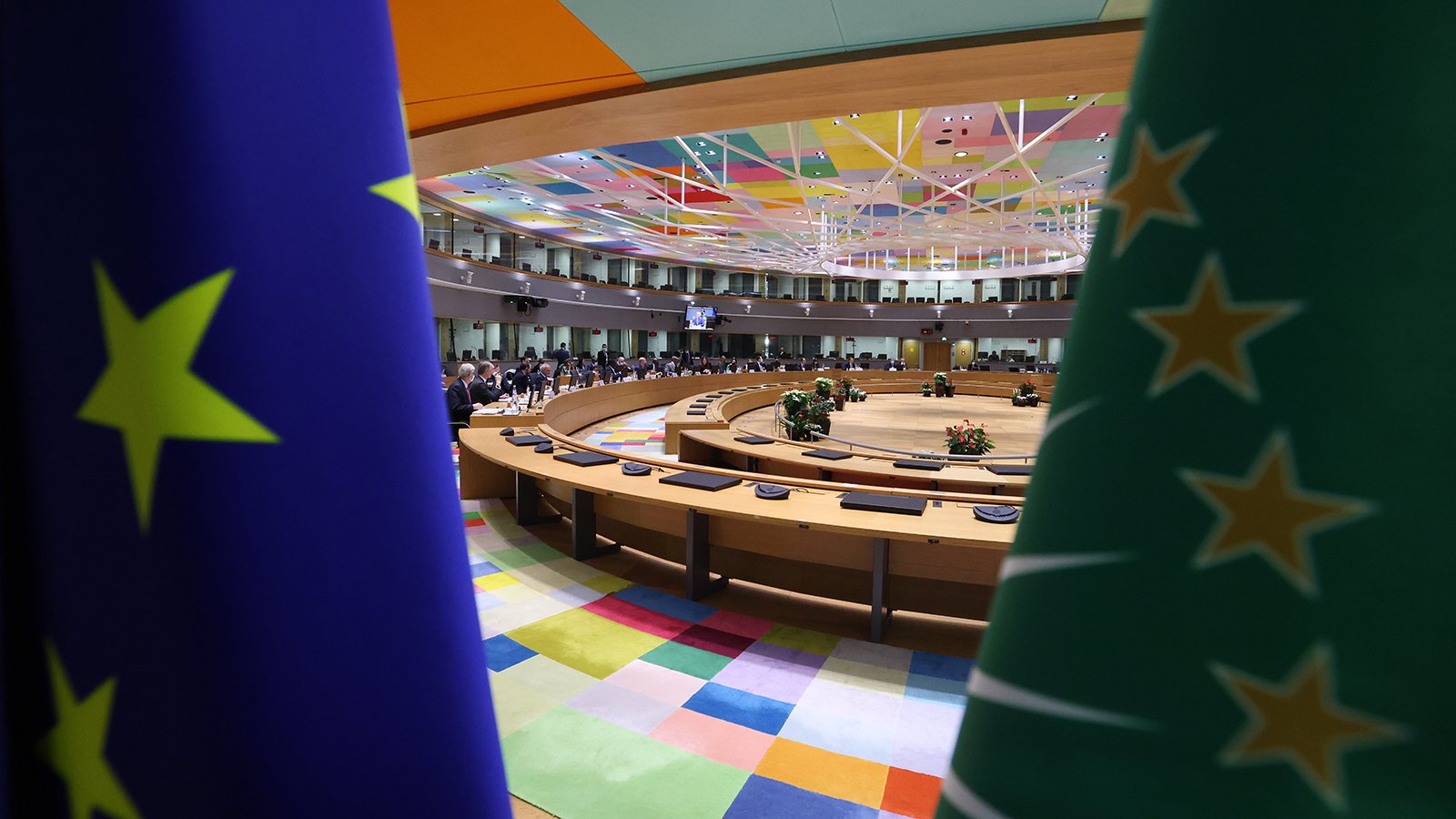In the debates and quest for consensus at the G20, where the world's major countries gather to define global policy, two collective giants sit at the table: the African Union and the European Union. Although they represent 82 countries, 55 from the African Union and 27 from the European Union, the presence of these regional blocs goes beyond numbers, introducing significant complexities and nuances to the discussions and adding layers of perspectives and challenges, given the diversity of interests, economies and political agendas involved.
Regional blocs are group of countries that come together to promote economic, political and social cooperation in their respective regions. Thus, the influence of these blocs depends on internal cohesion, negotiating capacity and the alignment of interests among its members. Since the G20's inception, the European Union has held a permanent membership. The African Union has participated on several occasions as a guest member of the group.
Flávio Luis Pazetto, First Secretary of the Brazilian Ministry of Foreign Affairs and General Coordinator of the G20, explains the historical and contextual differences in the participation of the two blocs. Pazetto says that the European Union participates in the group essentially because Europe is, in fact, a major world economy. 25%, a quarter of the world's GDP is produced in the European Union. The African Union joined the group later. According to him, in this context in which Africa has no individual country that is among the 20 largest economies in the world, a solution that was found was to admit the African Union, which is a bloc that encompasses all the countries of the continent and which taken as a whole is a major world economy. The African Union includes economies that account for between 5 and 6% of the world's GDP.
The inclusion of regional blocs, such as the African Union and the European Union, provides to the G20 table a collective representation that transcends countless population, demographic, economic and social indicators. This aligns with the Brazilian presidency's aims of combating hunger and poverty, promoting sustainable development, and reforming global governance institutions.
